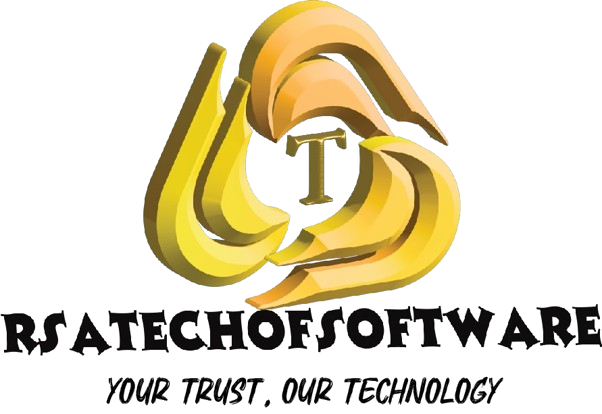We give the best SEO Optimization Services
SEO Optimization (Search Engine Optimization) is the process of enhancing a website’s visibility on search engines like Google, Bing, and Yahoo to attract organic (non-paid) traffic. Effective SEO ensures that your website ranks higher in search engine results pages (SERPs) for relevant keywords, making it easier for users to find your site. Here’s a comprehensive guide to SEO optimization:
Key Components of SEO Optimization
Keyword Research
- Identifying Keywords: Find relevant keywords and phrases that potential customers use to search for your products, services, or content.
- Keyword Tools: Utilize tools like Google Keyword Planner, Ahrefs, SEMrush, and Moz to discover keyword opportunities.
- Long-Tail Keywords: Target specific, longer phrases that are less competitive but highly relevant to your niche.
On-Page SEO
- Title Tags: Create compelling and descriptive title tags that include primary keywords and are under 60 characters.
- Meta Descriptions: Write engaging meta descriptions that summarize the page content and include keywords, keeping them under 160 characters.
- Headings (H1, H2, H3): Use headings to structure content and include relevant keywords. The H1 tag should be unique and descriptive.
- Content Optimization: Incorporate keywords naturally into the content, ensuring it’s informative, relevant, and valuable to users.
- Internal Linking: Use internal links to connect related pages on your site, helping both users and search engines navigate your content.
- URL Structure: Create clean, descriptive URLs that include keywords and are easy to read (e.g., example.com/seo-optimization).
Technical SEO
- Site Speed: Optimize page loading times by compressing images, minimizing code, and leveraging browser caching.
- Mobile-Friendliness: Ensure your site is responsive and performs well on mobile devices.
- XML Sitemap: Submit an XML sitemap to search engines to help them crawl and index your site more effectively.
- Robots.txt: Use the robots.txt file to control which pages search engines can crawl and index.
- Canonical Tags: Implement canonical tags to prevent duplicate content issues by specifying the preferred version of a page.
Off-Page SEO
- Backlink Building: Acquire high-quality backlinks from reputable sites to boost your site’s authority and search engine ranking.
- Guest Blogging: Write guest posts for authoritative blogs and websites to gain backlinks and reach a broader audience.
- Social Media Engagement: Promote your content through social media to increase visibility and drive traffic to your site.
Local SEO
- Google My Business: Create and optimize a Google My Business profile to improve visibility in local search results.
- Local Keywords: Include location-specific keywords in your content, meta tags, and business listings.
- Local Citations: Ensure your business is listed accurately in local directories and citation sites.
Content Marketing
- High-Quality Content: Regularly publish valuable and relevant content that addresses your audience’s needs and interests.
- Content Optimization: Optimize content for SEO by using keywords strategically, formatting it for readability, and including multimedia elements.
Analytics and Monitoring
- Performance Tracking: Use tools like Google Analytics and Google Search Console to monitor your site’s traffic, keyword rankings, and overall SEO performance.
- Regular Audits: Conduct SEO audits to identify and fix issues, such as broken links, missing meta tags, and other technical problems.
- Adjustments: Make data-driven adjustments to your SEO strategy based on performance metrics and changing search engine algorithms.
Best Practices in SEO Optimization
- Focus on User Experience (UX): Ensure your website is easy to navigate, visually appealing, and provides a positive user experience.
- Stay Updated: Keep up with search engine algorithm updates and industry trends to adapt your SEO strategy accordingly.
- Avoid Black-Hat Techniques: Refrain from using unethical practices like keyword stuffing, cloaking, and buying backlinks, as these can lead to penalties.
SEO Optimization is an ongoing process that requires regular monitoring, updating, and refining. By implementing a comprehensive SEO strategy, businesses can improve their search engine rankings, attract more organic traffic, and achieve long-term online success.





































